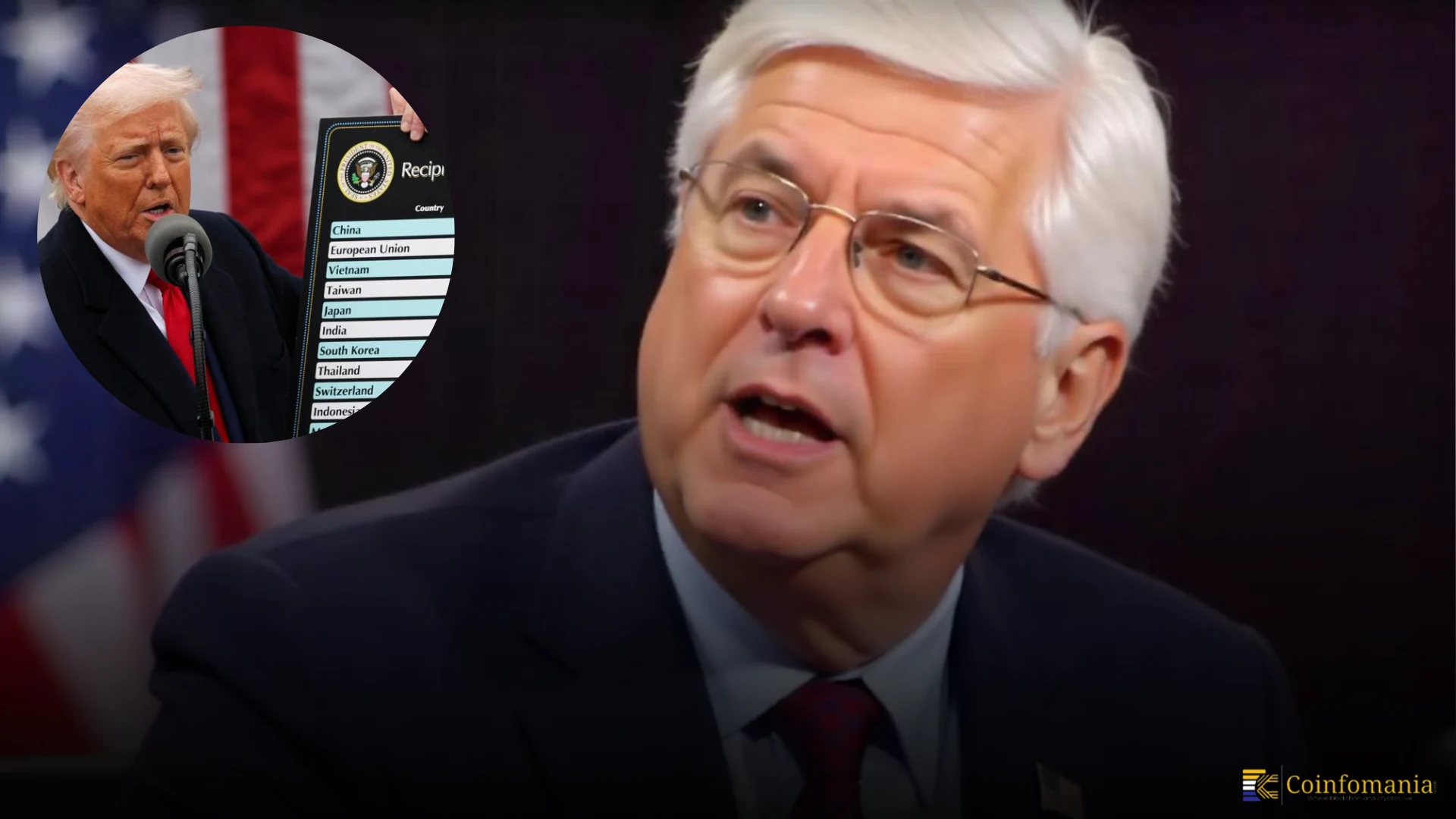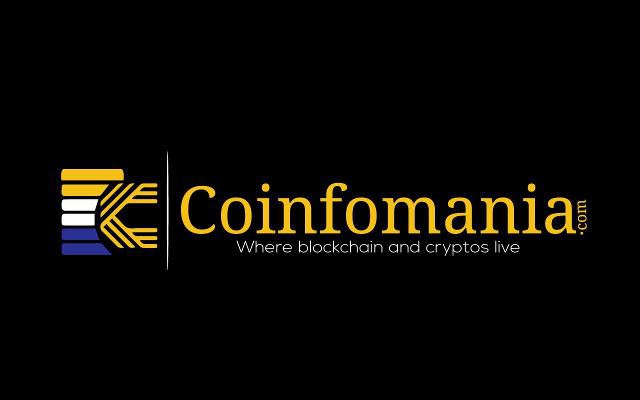Trump Tariffs Shake Global Markets: Bill Ackman Predicts Pause to Avoid Recession
0
0

Investor Bill Ackman, one of the most critical questions raised about the potential economic impacts of President Donald Trump’s aggressive tariff policies are those that already heated the marketplace and sparked global trade tensions. The latest tariff move by Trump includes an initial 10% tariff on all imports, on April 5, with reciprocal tariffs more severe, targeting the so-called trade deficit nations, starting April 9. Ackman, a visible supporter of Trump’s trade policy, suggests that the president may postpone them as an opportunity to bargain and limit recession risks. With increasing uncertainty, Ackman’s observations consider the fragile balance between Trump tariffs and U.S. economic stability.
Bill Ackman Calls for Strategic Pause on Trump Tariffs Amid Economic Uncertainty
Billionaire investor Ackman has criticized President Donald Trump’s tariff regime upon its establishment and suggested that it should be put on hold to prevent some damage to the economy. Under Trump’s executive order entered into force on April 5, a 10-percent baseline tariff applies to all imports, while retaliatory tariffs against countries having trump trade deficits will come into effect on April 9 at much higher rates. Ackman suggests that this is too little time to enter into negotiations and asks Trump to suspend the tariffs allowing for agreements and businesses to adjust their supply chains. He fears that the immediate declaration may send the economy into a tailspin.
Ackman praised Trump’s application of tariffs as a means to stand up against decades of unfair practices that harm U.S. workers and industries. In Ackman’s view, those countries that negotiate early with Trump will get rewarded, while those that retaliate will get punished, thus urging foreign leaders to deal directly with the president to get the best terms possible. The market’s reaction was swift and brutal: U.S. indices, including the S&P 500 and Nasdaq Composite, fell almost 5% after news broke of China retaliating with a 34% tariff on American goods.
As trump trade tensions flare up across the globe, Ackman argued that this coming Monday, April 7, may mark a prominent day in U.S. economic history. Pausing the tariffs that day would not only reduce uncertainty but would also offer an opportunity for serious negotiations that may avert a drawn-out trade conflict and stabilize the market.
The Future of Trump Tariffs and Economic Implications
The future of these Trump tariffs is now dependent on certain decisions that will be made in the coming days as the world economy prepares for the next phase. Ackman’s prediction that the imposition of the harsher tariffs might be delayed indicates the weight of pressure being put on President Trump to revise his trade policy. These tariffs could disrupt global supply chain workings, create inflationary pressures for consumers, and possibly toward a recession in the U.S. However, a postponement might give time for negotiation and reduce market volatility.
The Trump trade policies have effects that reach beyond immediate price effects. Long-run GDP projections indicate a small downward adjustment resulting from the concomitant impact of reduced trade volumes and retaliatory measures taken by major partners such as China and Europe. While Ackman views the tariffs as a much-needed corrective to several decades of unfair trade practices, he also believes that hastily imposing the tariffs without proper preparation could trigger even bigger market disturbances.
The post Trump Tariffs Shake Global Markets: Bill Ackman Predicts Pause to Avoid Recession appeared first on Coinfomania.
0
0
 Manage all your crypto, NFT and DeFi from one place
Manage all your crypto, NFT and DeFi from one placeSecurely connect the portfolio you’re using to start.





